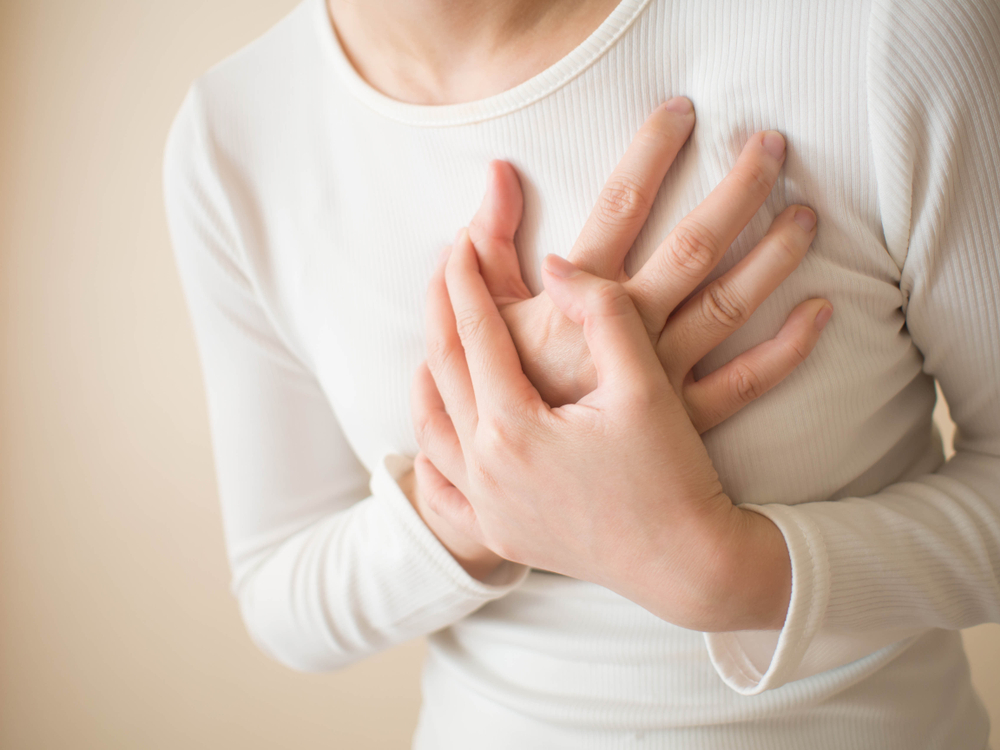Cardiomyopathy is an illness of the heart muscle that makes it harder for your heart to pump blood to all the other parts of your body. Cardiomyopathy can prompt heart failure.

Cardiomyopathy is an illness of the heart muscle that makes it harder for your heart to pump blood to all the other parts of your body. Cardiomyopathy can prompt heart failure.
TYPES
The types of cardiomyopathy are the following:
SYMPTOMS
There may be no symptoms in the beginning stages of cardiomyopathy. However, in the long run, symptoms generally show up, including the following:
DIAGNOSIS
Your doctor will do a physical examination, then take medical and family history. He or she may ask when your symptoms have first appeared. Additional tests may include the following:
TREATMENT
The objectives of cardiomyopathy treatment are to deal with your symptoms, keep your condition from progressing, and decrease your risk for complications. Treatment changes with the type of cardiomyopathy you may have.
Your doctor may recommend medicines to enhance your heart’s pumping capacity, enhance blood circulation, lower your pulse and blood pressure, expel excess fluid from your body or keep blood clots from forming.
Surgically implanted devices that may be recommended by your doctor may include:
Nonsurgical treatment may include the following:
Surgery may also be recommended in the form of the following:
Overview and FactsTypes and SymptomsDiagnosis & MedicationsOverview and Facts Tetralogy of Fallot is a congenital heart defect that affects the [...]
Overview and FactsTypes and SymptomsDiagnosis & MedicationsOverview and Facts Trichinosis, also known as trichinellosis, is a parasitic infection caused by [...]
Overview and FactsTypes and SymptomsDiagnosis & MedicationsOverview and Facts Trigeminal neuralgia is a neurological condition characterized by severe facial pain. [...]